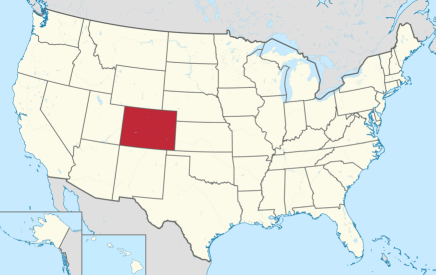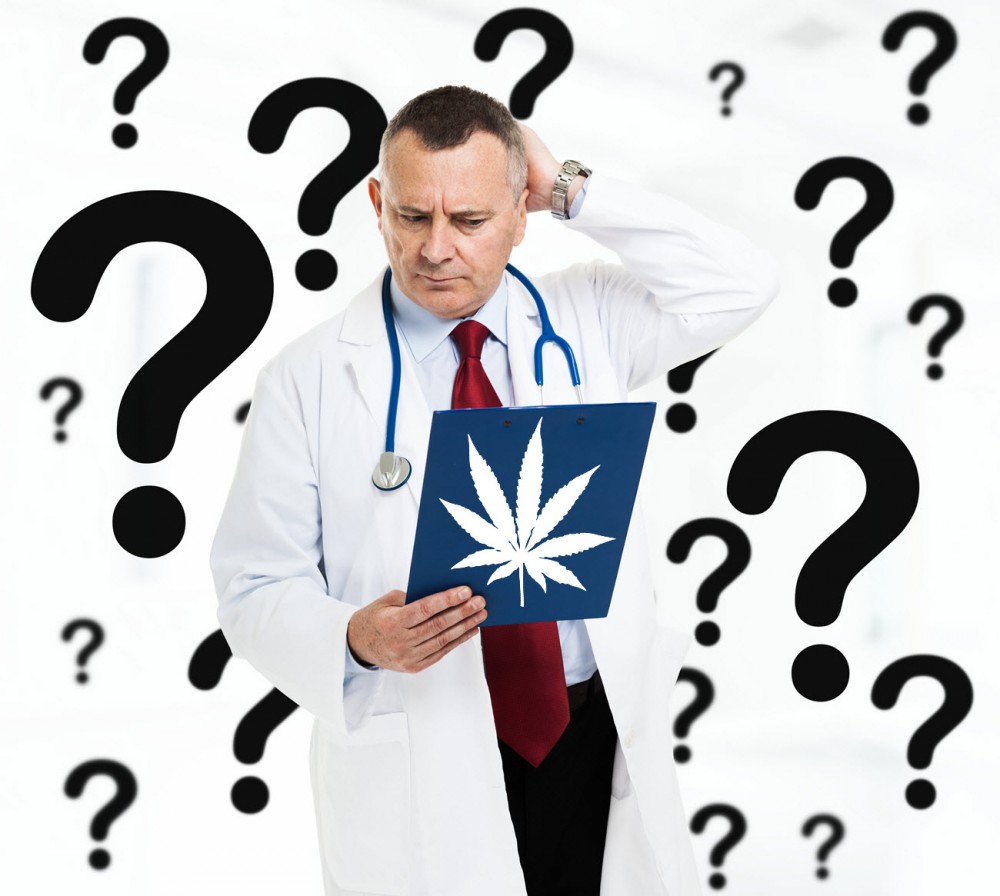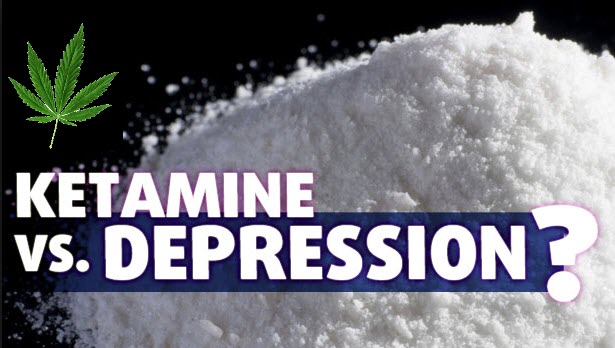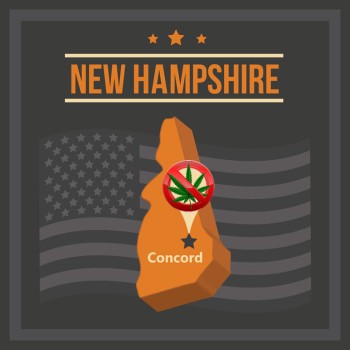Why Aren’t Medical Students Trained To Prescribe Medical Cannabis?
Should Medical Schools Teach Medical Marijuana Ideas? from CannabisNet on Vimeo.
Despite the fact that more than half of the US states already legalized cannabis in some way, a survey reveals that most medical schools still aren’t teaching their students about medical cannabis. The survey also states that most students don’t feel prepared to talk about cannabis with patients or prescribe it.
Researchers from the Washington University School of Medicine surveyed medical school students, school deans, fellows, and residents. They also analyzed the curriculum database kept by the Association of American Medical Colleges (AAMC), and found that medical cannabis is a subject that hasn’t been addressed in today’s medical schools.
“Medical education needs to catch up to marijuana legislation,” says Laura Jean Bierut MD, senior author of the study. Bierut, a member of the National Advisory Council on Drug Abuse, and an Alumni Endowed Professor of Psychiatry at Washington University, also said, “Physicians in training need to know the benefits and drawbacks associated with medical marijuana sot ehy know when or if, and to whom, to prescribe the drug.”
Bierut also added that doctors are being asked to provide information to patients on topics that most of them have no training about. The researchers, led by Anastasia B. Evanoff, send survey questions to medical schools in North America including 31 that teach osteopathic medicine. They received 101 replies; 66.7% of school respondents reported that their graduates are not prepared to prescribe medical cannabis while a quarter of deans reported that their trainees aren’t skilled to answer questions about cannabis. They also surveyed 258 residents and fellows who earned their medical degrees from educational institutions around the country before going to Washington University School of Medicine, and the Barnes-Jewish Hospital to complete their training. Almost 90% said that they weren’t prepared to prescribe medical cannabis while 85% admitted to not having received any education about medical uses of cannabis during their education and training at residency programs or medical schools around the country.
Referring to data derived from the AAMC database, the researchers found that just 9% of medical schools reported that they teach their students about medical cannabis. “As a future physician, it worries me,” says Evanoff, a medical student herself. “We need to know how to answer questions about medical marijuana’s risks and benefits, but there is a fundamental mismatch between state laws involving marijuana and the education physicians-in-training receive at medical schools throughout the country.”
There is a quandary here, since many states including Missouri have yet to legalize medical cannabis. But these states are publishing studies that discuss the benefits and risks of cannabis with contradicting information. “You address the controversy,” according to co-investigator Carolyn Dufault, PhD and assistant dean for education at Washington University and an instructor in medicine. “You say, This is what we know, and you guide students to the points of controversy. You also point out where there may be research opportunities.”
The study’s authors also argue that as legalization becomes more widespread for medical and recreational use, doctors should have adequate training in order to competently answer patients’ questions. “More medical students are now getting better training about opioids, for example,” says Evanoff. “We talk about how those drugs can affect every organ system in the body, and we learn how to discuss the risks and benefits with patients. But if a patient were to ask about medical marijuana, most medical students wouldn’t know what to say.”

Colorado Study
Earlier this year, University of Colorado School of Medicine students said that they support cannabis legalization for both mental and physical reasons. However, they also believe that more research is needed to determine the risks involved.
The study, entitled “Colorado Medical Students’ Attitudes and Beliefs about Marijuana” was published in the Journal of General Internal Medicine by Springer. “Despite strong support for marijuana legal reform, students expressed hesitancy to recommend it themselves, suggesting that medical students may not believe that there is enough data to safely recommend its use to patients and/or may not feel sufficiently trained to prescribe it,” says Michael Chan, a recent graduate of CU Anschutz Medical Campus and who is now taking his residency at the University of Texas Health Science Center.
“Clearly, medical students have a need for excellent education on marijuana,” says Dan Matlock, MD, MPH, and associate professor of geriatrics at the CU School of Medicine. “There’s a lot we don’t know and, medically, there is so little data.”
OTHER STORIES YOU MAY ENJOY...
MEDICAL SCHOOL STUDENTS ON MEDICAL MARIJUANA TRAINING
OR...
KETAMMINE FOR DEPRESSION OR CANNABIS, CLICK HERE.
OR..
DOCTORS FOR MARIJUANA RESEARCH, CLICK HERE.








